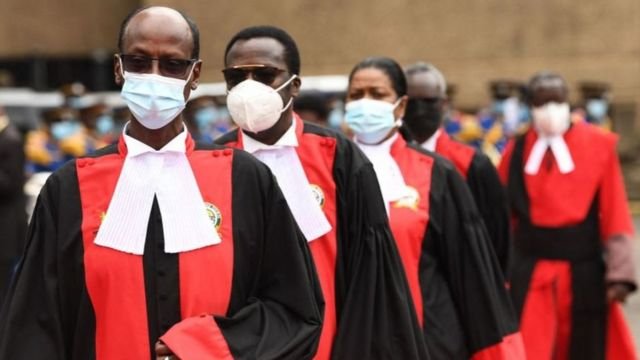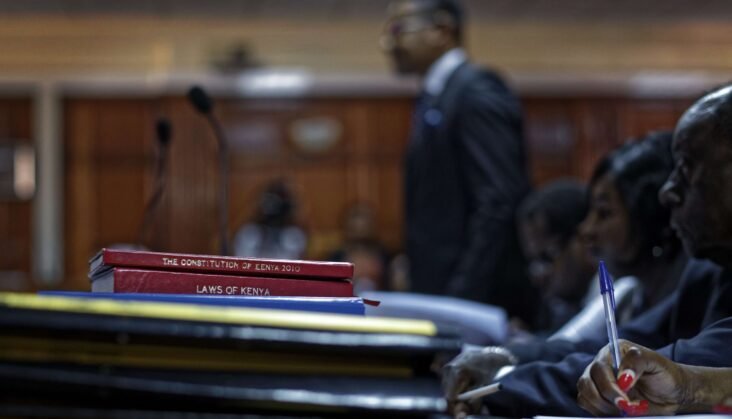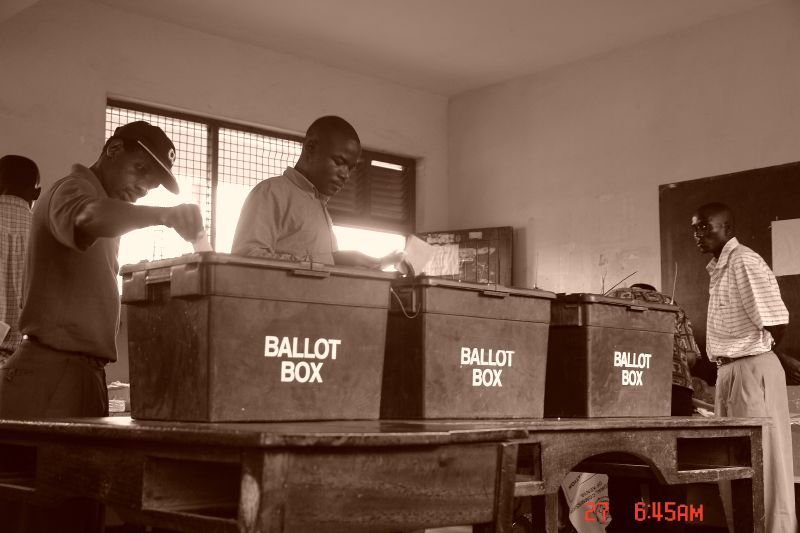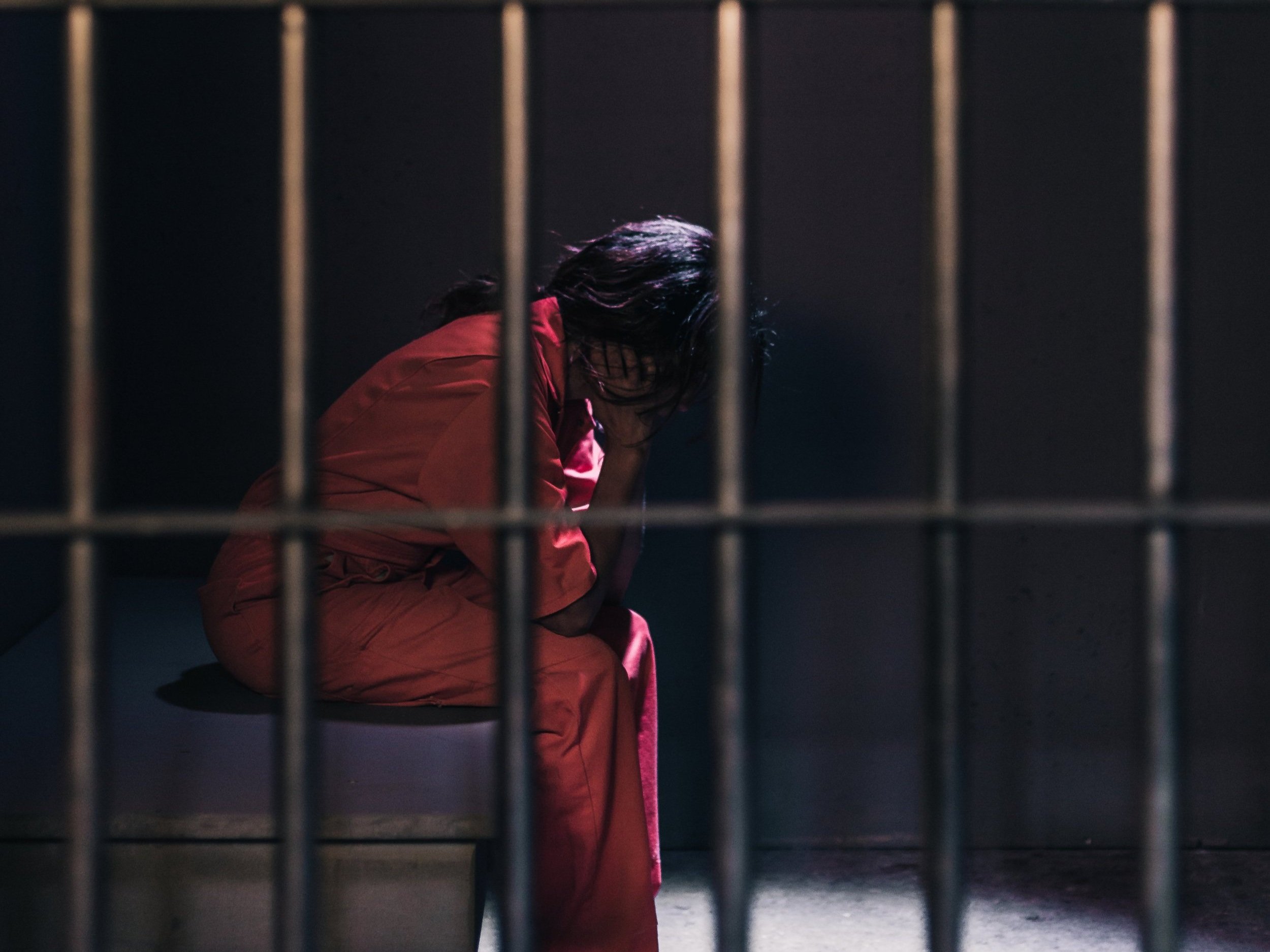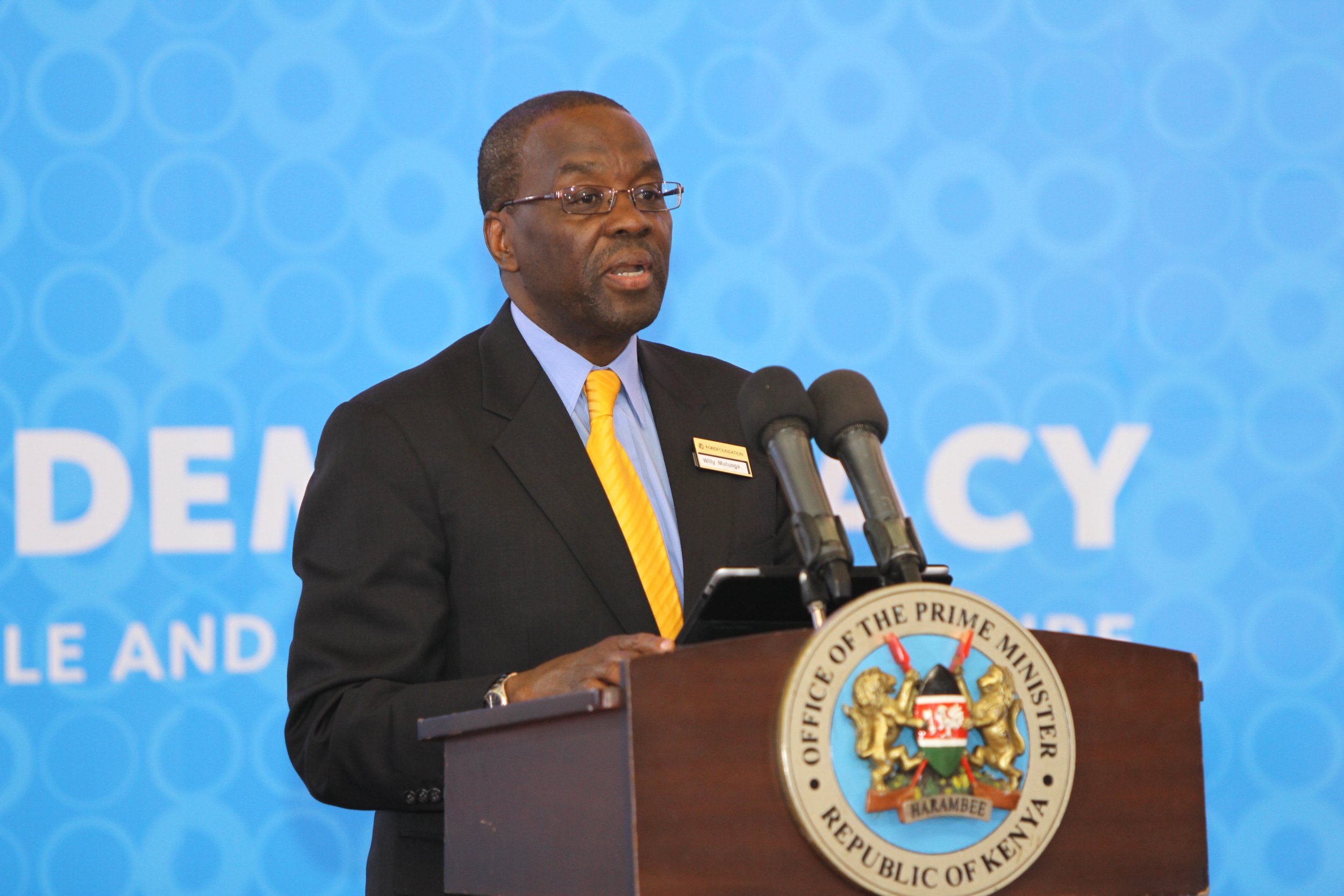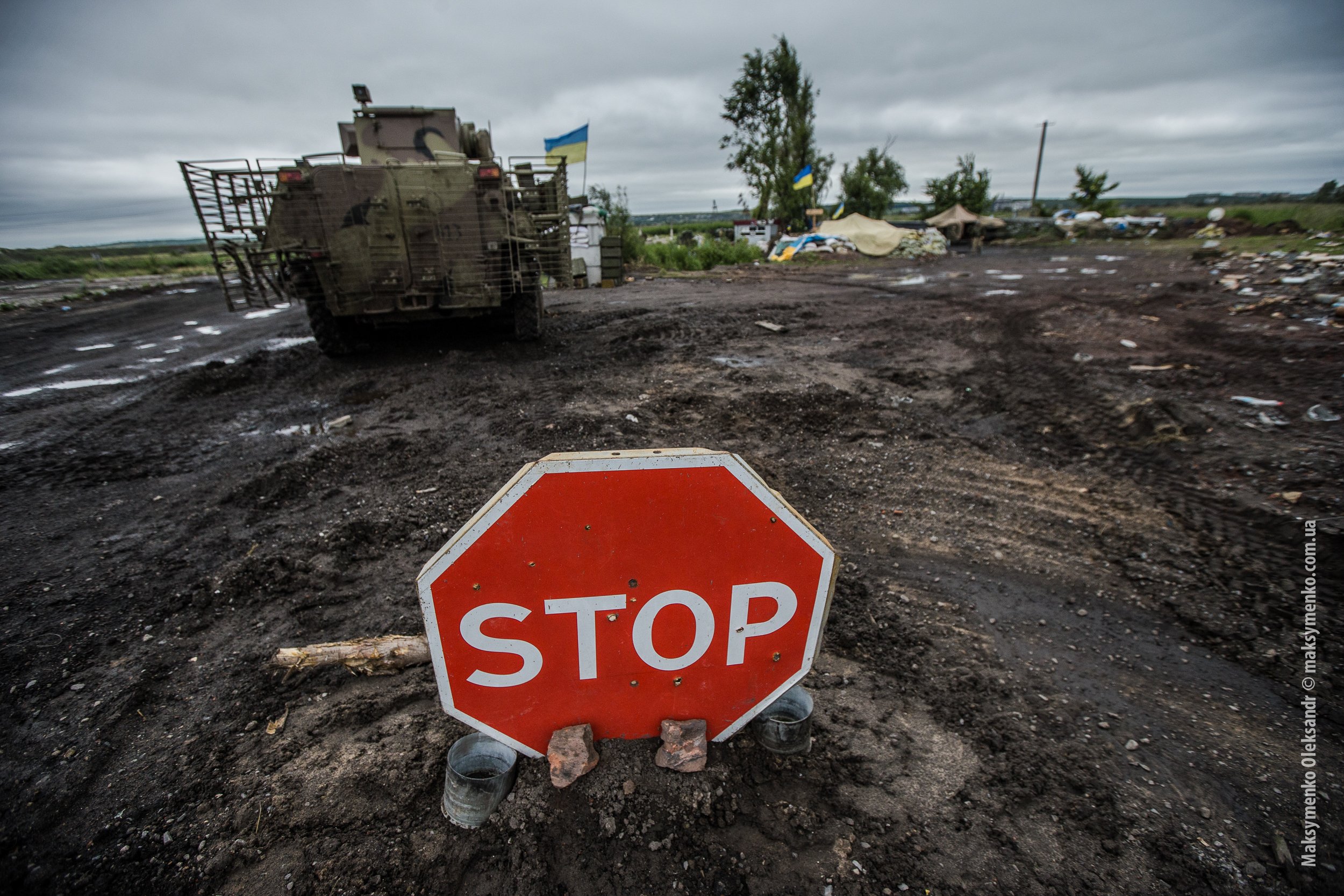
Our Blog
Categories
- Africa
- African Union
- Central Africa
- Citizenship laws
- Competion Law
- Constitutional Court
- Constitutional Law
- Constitutional law
- Disability Rights
- Disability rights
- East Africa
- Environmental Law
- Gender Equality
- Governance
- Human Rights
- Immigration Laws
- International Law
- Kenya
- Labour Law
- Mining Law
- Nigeria
- North Africa
- Political Rights
- Public International Law
- Public Law
- Right to Vote
- SADC Region
- South Africa
- Southern Africa
- Uganda
- West Africa
- Year end anthology
- Zambia
The Shell Case: A Victory for Social and Ecological Justice in South Africa
In this post, Louise du Toit examines the South African High Court’s judgement in Sustaining the Wild Coast NPC and Others v Minister of Mineral Resources and Energy and Others. It is argued that the judgement highlights the importance of civil society activism and the crucial role of the judiciary in upholding constitutionally protected social and environmental rights.
Basic Structure and Tiered Amendment Processes: The Kenyan Supreme Court’s BBI Ruling
Gautam Bhatia considers how the Kenyan Supreme Court’s judgment in the BBI matter reflects the complexity of applying the basic structure doctrine in a tiered amendment context, where the amendment process explicitly carves out a high threshold of public participation.
The BBI Judgment: Of Basic Structure Doctrines and Participatory Constitution-making
Dr Silvia Suteu argues that the BBI saga raises important questions about the interplay between unamendability and participatory constitution-making, and considers the relevance of the participatory nature of the adoption of Kenya’s 2010 Constitution vis-à-vis the acceptance or rejection of unamendability in the BBI case.
Public Participation in Kenya: What is it?
Following the decision of the Kenyan Supreme Court in the matter concerning the BBI Bill, Dr Linda Musumba examines the meaning of “public participation” as required by the Kenyan Constitution.
Prisons in Africa – a death sentence for women’s rights
Women in African prisons endure abuse, violence, endemic overcrowding, inadequate food, and poor hygiene and sanitation. Sohela Surajpal examines this problem and argues that a feminist movement committed to protecting and empowering the most marginalised among us must look to alternative visions of safety and justice that a divestment from carceral politics might offer us.
South Africa, the Rainbow Nation that only loves certain colours of the Rainbow?
The post-apartheid era has seen the golden age of transformative laws and policies, providing rights and legal entitlements for the previously disadvantaged within South Africa. However, in as much as South Africa has celebrated over 28 years of democracy, that democracy can rightly be argued to exclude non-South Africans. Do we intend to equally provide basic rights to all persons within our borders or is South Africa a rainbow nation that only loves certain colours of the rainbow?
The Kenyan Supreme Court writes a new chapter in the history of the rule of law in Africa
Dr Stefanie Rothenberger, head of the Konrad Adenauer Stiftung’s Rule of Law Programme for Anglophone Sub-Saharan Africa, reflects on the Kenyan Supreme Court’s recent decision on the Building Bridges Initiative with Dr Willy Mutunga, the former Chief Justice of Kenya.
Climate Change and Migration: A Complex Web
Climate change is described as the ‘ultimate threat multiplier’. Changes to the natural environment put pressure on social, economic and political systems. As a threat multiplier, climate change exposes and exploits existing vulnerabilities. It worsens pre-existing tensions, weak governance and other socio-economic factors.
Gender Inequality: The Vulnerabilities of Women under the Asylum System
South Africa’s 1998 Refugees Act fails to reflect the country’s constitutional commitment to equality in as far as it entrenches the unequal treatment of women. Shortcomings in refugee protection lead to the treatment of refugee women as minors and smother their autonomous voice in the refugee application process.
Refugees of the Ukraine Conflict Expose European and Western States’ Deep-Seated Bias Towards “the Other”
The Ukrainian refugee crisis has exposed multifaceted layers of discrimination, racism, and prejudice towards “the other” by European and Western states. Despite the condemnation of differential treatment and racism against non-Ukrainian refugees and the implementation of protective measures for all refugees, differential treatment and double standards continue to manifest in practice.
Climate Crisis Impacts: The Cross Border Displacement of Children
Cross border climate change displacement and its impact on children are international concerns which will not disappear anytime soon. Therefore, research and policymaking efforts must be increased to ensure the protection of the rights of these children.
Dobbs v. Jackson Women’s Health Organization: Comparative Lessons for the African Region
The majority opinion in Dobbs v. Jackson Women’s Health Organization is an absolutely negative lesson for the African region and African women. Its refusal to recognise women with unwanted pregnancy as gendered moral subjects with decisional constitutional authority in respect of abortion is a manifest denial of the equality and human dignity of women.
Les changements anticonstitutionnels de gouvernement: mode ou contre mode ?
Survenant par la force des armes ou à travers une subtile modification de la constitution, ne conservant qu’une apparence de légalité, ce phénomène est récurrent sur le continent noir et génère de lourdes menaces pour la démocratie et l'état de droit. La fréquence des changements inconstitutionnels ces dernières années nous amène à nous demander s’ils ne se sont pas érigés en une nouvelle mode d’ascension au pouvoir.
The Human Rights Complexities of Migration in Africa
This post reflects on the peculiarities marking the application of several human rights in migration controls on the African continent, with a focus on how States often contradict regional and sub-regional treaties.
Countering the Scourge of Unconstitutional Changes of Government in Africa
Unconstitutional changes of government constitute a grave danger to the stability and consolidation of democracy in Africa. The recent wave of coups d’état in Burkina Faso, Guinea, Mali and Niger – coming at a time of unprecedented poverty and threats of famine initially caused by the COVID-19 pandemic and now aggravated by the Russian invasion of Ukraine – is likely to provoke more political instability.
- Africa
- BBI judgment
- Children's rights
- Climate Change
- Constitutional Law
- Constitutional reform
- Democracy
- Election series
- Elections
- Environmental Justice
- Equality
- Human Rights
- International Law
- Judicial independence
- Kenya
- LGBTQ+ Rights
- Migrants
- Migration
- Namibia
- Nigeria
- Political Rights
- Public participation
- Refugee and migration series
- Refugees
- South Africa
- South African Constitution
- Women in Africa
- Women's Month
- Women's rights
- World Congress
Submissions
We welcome unsolicited submissions covering current legal developments in constitutional law, fundamental rights law, public law, international law and related fields.



